12 GPTs for Requirements Analysis Powered by AI for Free of 2025
AI GPTs for Requirements Analysis are advanced computational tools designed to assist in the identification, articulation, and evaluation of system or project requirements. Utilizing the power of Generative Pre-trained Transformers, these tools are adept at understanding complex human inputs and translating them into detailed, actionable requirements. Their relevance in the label of Requirements Analysis lies in their ability to streamline the process, reduce ambiguities, and ensure a comprehensive understanding of project needs, making them indispensable for tasks requiring precision and clarity.
Top 10 GPTs for Requirements Analysis are: Business Analyst Bot (IIBA BABOK),The Product Architect's Assistant,Software Engineer,Backloger.ai - Requirements Health Check,Technical Product Manager,業務要件表作成,Spec Analyzer,Test Case Reviewer,Backloger.ai -Split requirements into user stories,Le Product Owner
Business Analyst Bot (IIBA BABOK)
AI-powered Business Analysis Enhancement
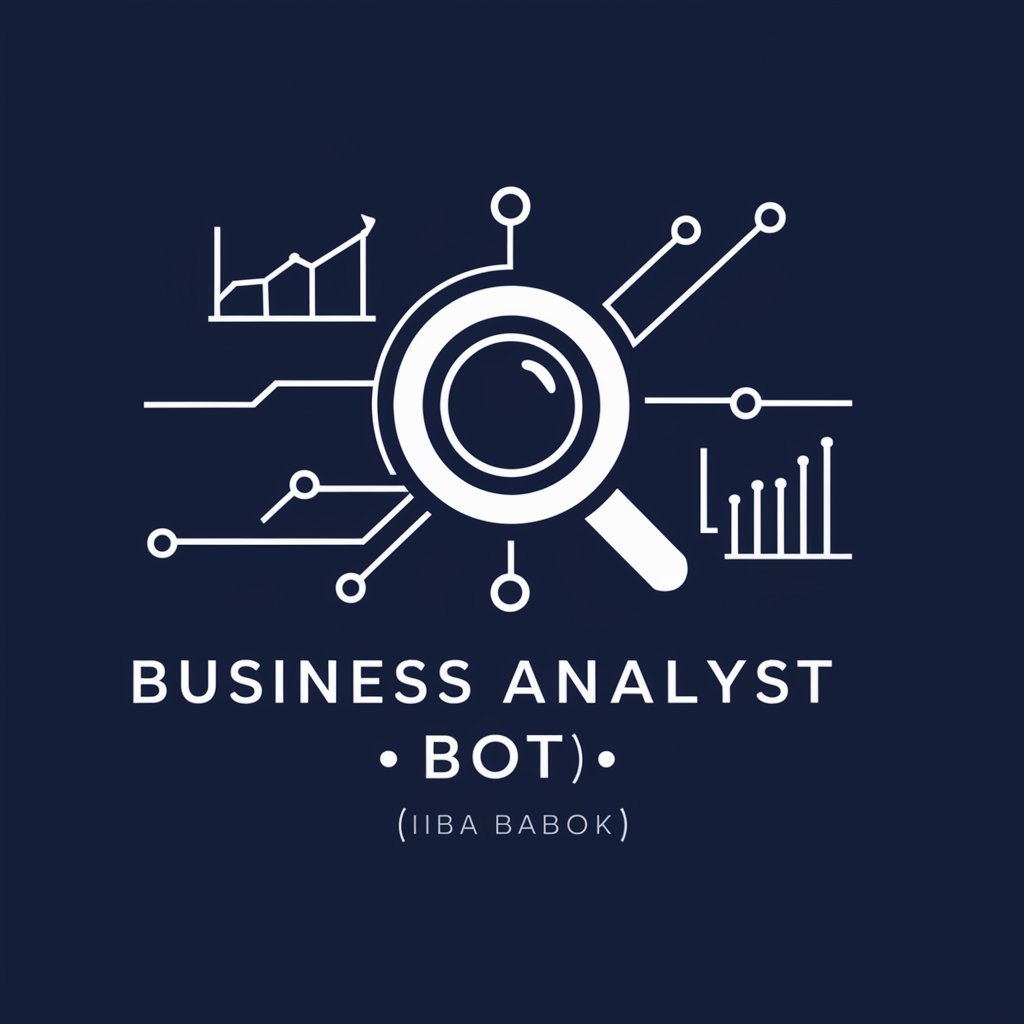
The Product Architect's Assistant
Empowering Product Architecture with AI
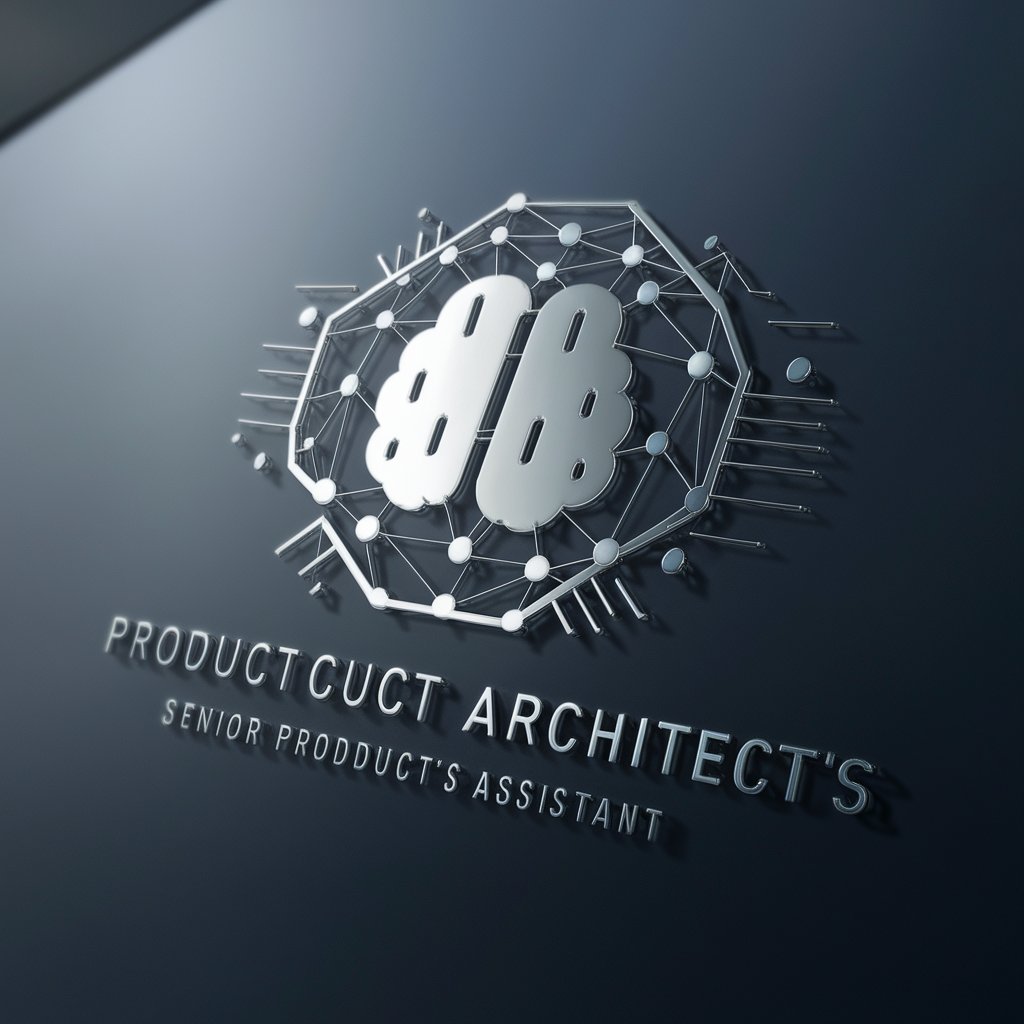
Software Engineer
Empowering Your Code with AI
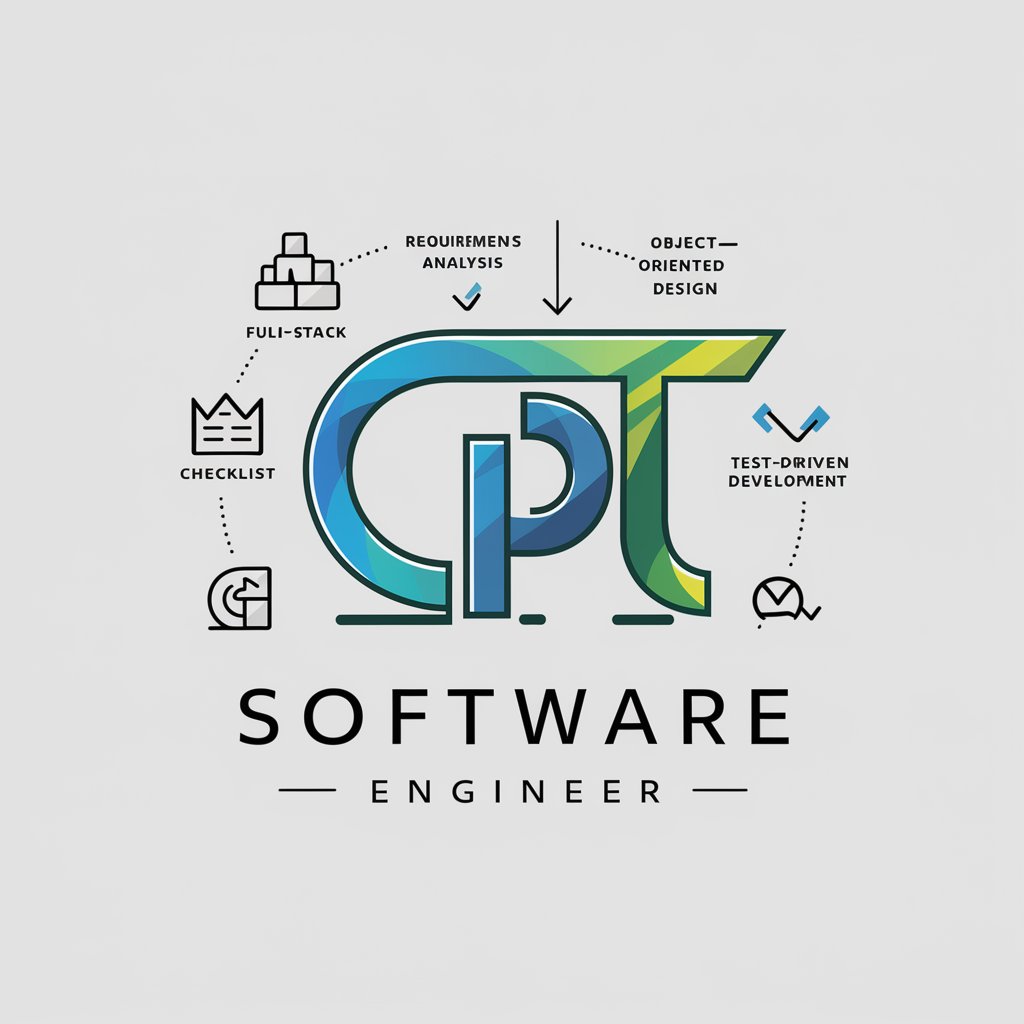
Backloger.ai - Requirements Health Check
Optimize Your Project Requirements with AI
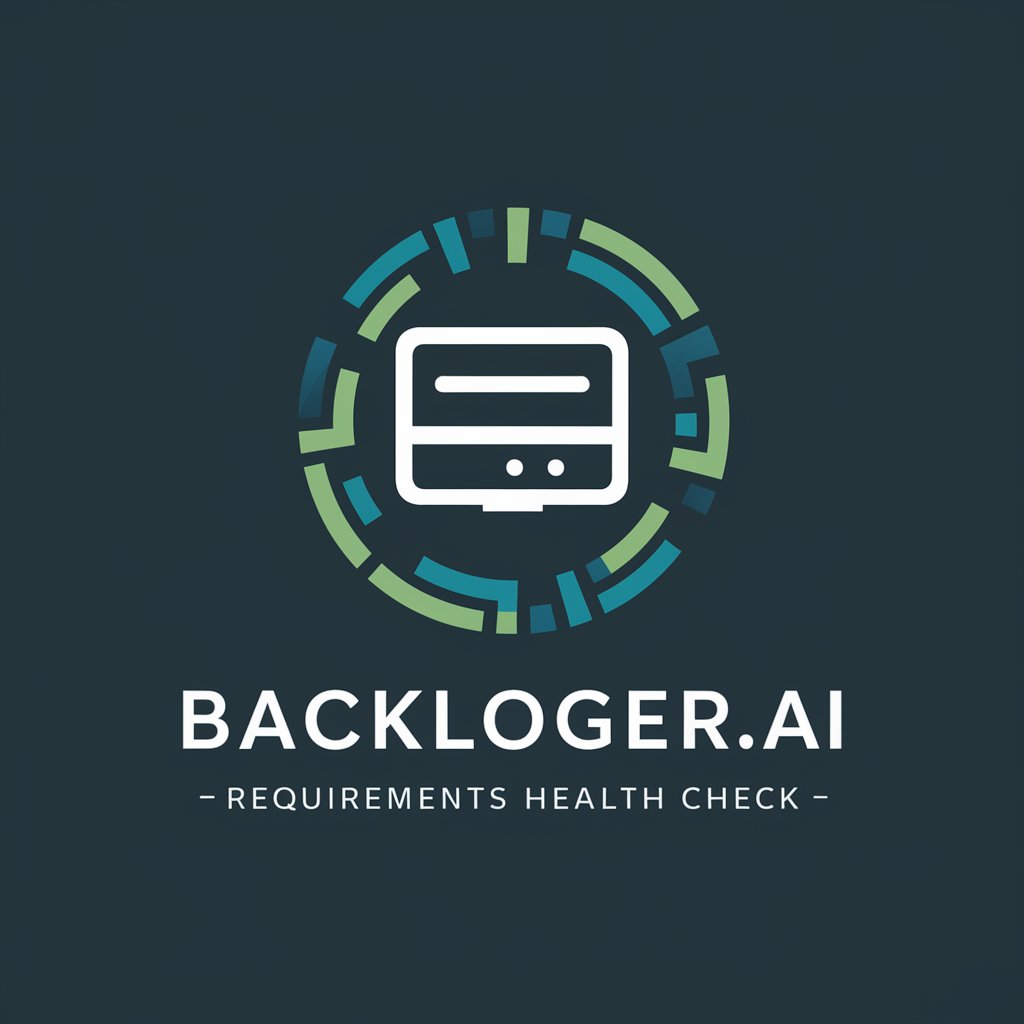
Technical Product Manager
Empowering Product Management with AI
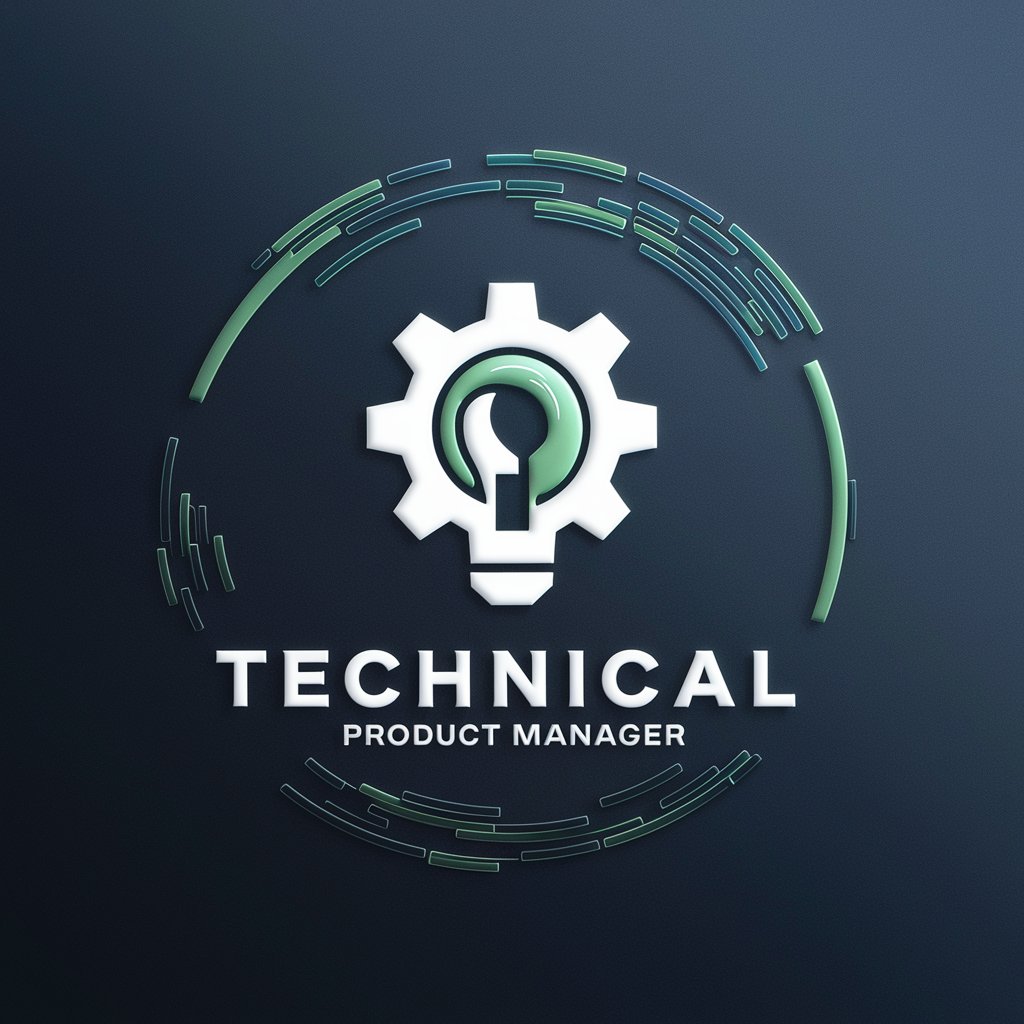
業務要件表作成
Transform ideas into structured plans effortlessly
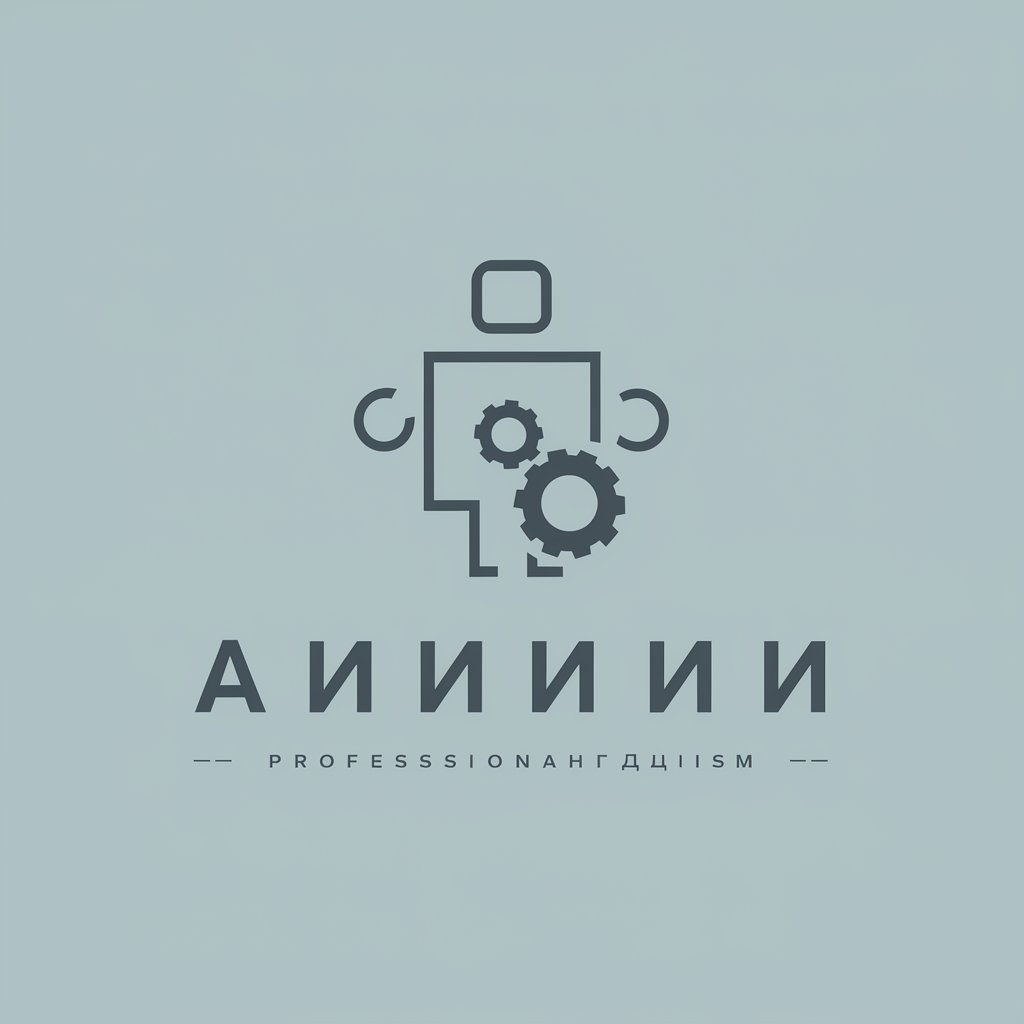
Spec Analyzer
Clarifying Specs with AI Precision
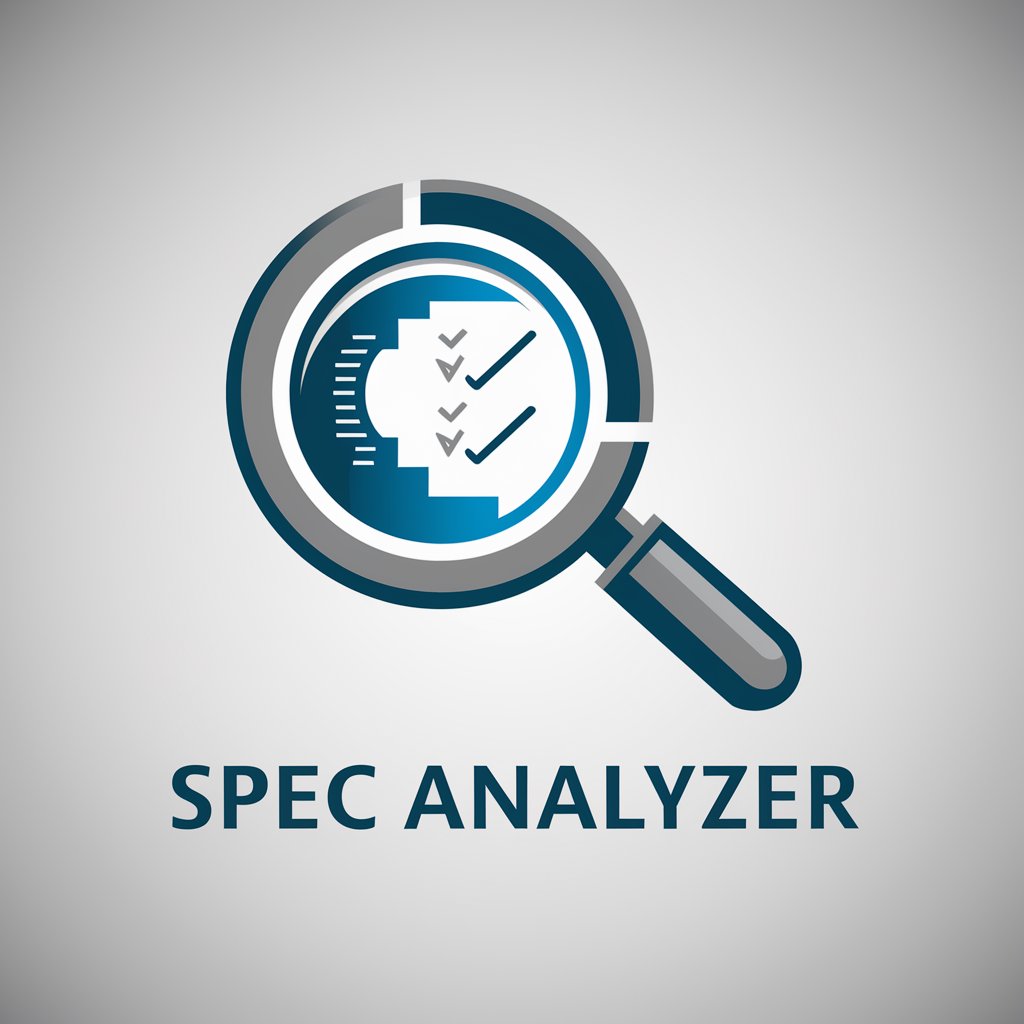
Test Case Reviewer
Streamlining Test Case Analysis with AI
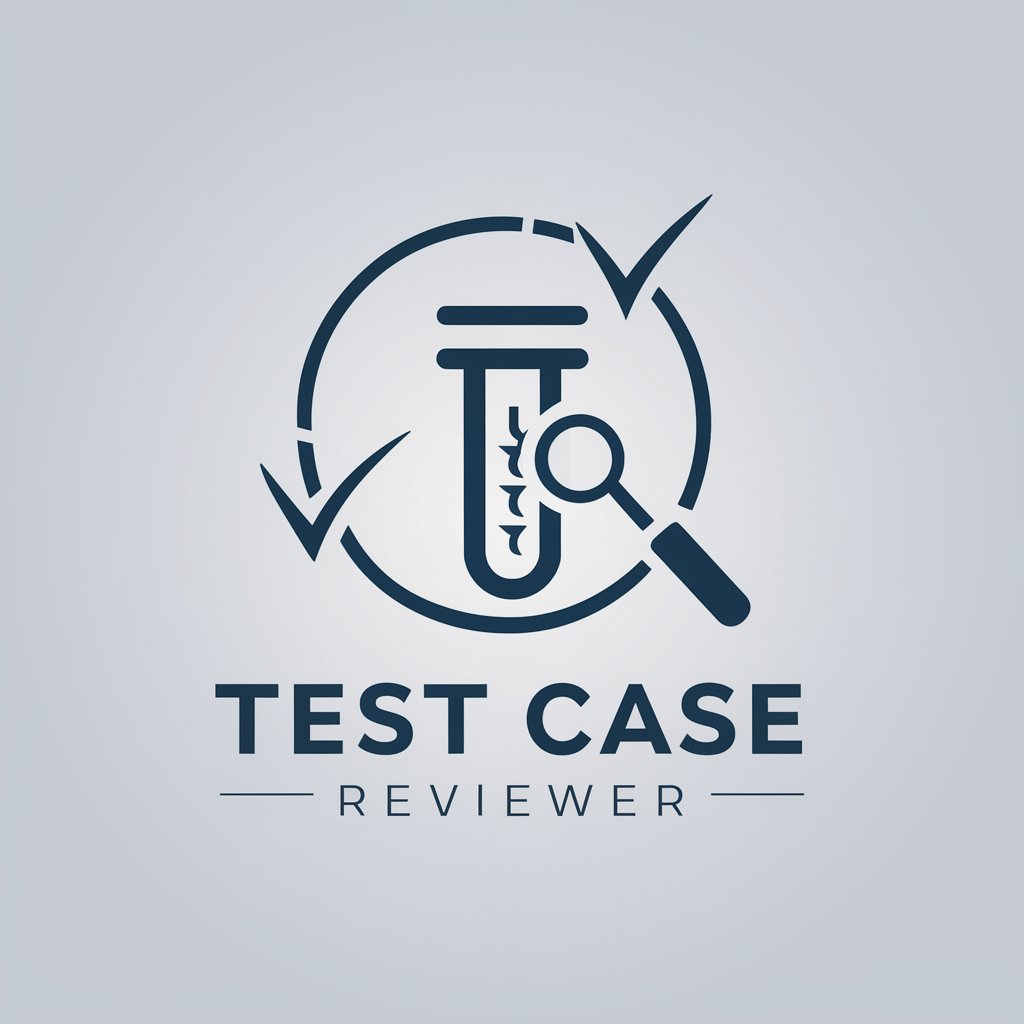
Backloger.ai -Split requirements into user stories
Transforming Requirements into Actionable Stories
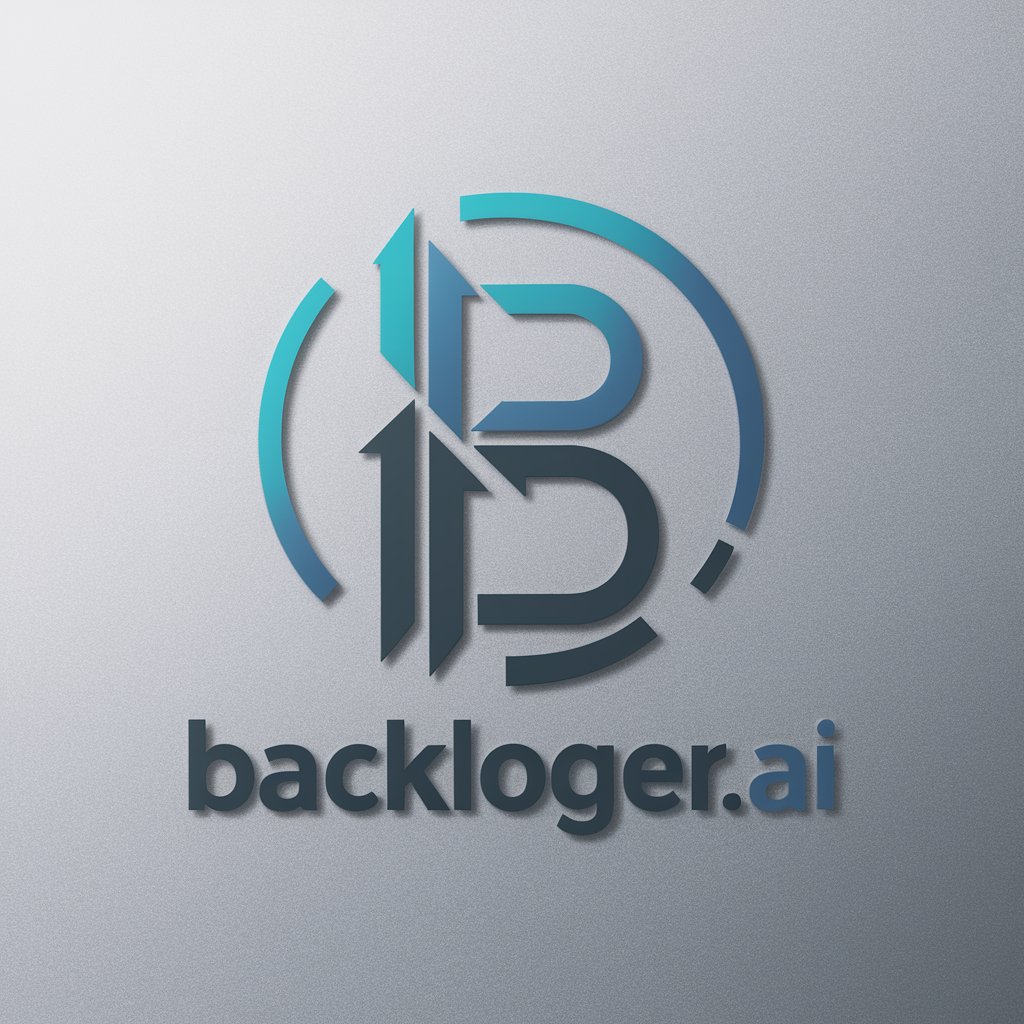
Le Product Owner
Crafting Your Project's Success with AI

ASPICE GPT SYS.2 consultant(V31J)
Elevate Automotive Software with AI

Upstream Coach 上流工程コーチ
Elevating Upstream Processes with AI

Key Attributes of AI GPT Tools for Requirements Analysis
AI GPTs for Requirements Analysis boast several unique features, including adaptability across various complexity levels, natural language understanding for effortless interaction, and specialized capabilities like technical documentation generation, web searching, and data analysis. They stand out for their ability to learn from context, provide detailed technical support, and even create visual representations of data or requirements, making them versatile tools in the field.
Who Benefits from AI GPTs in Requirements Analysis
The primary beneficiaries of these AI GPT tools include software developers, project managers, and business analysts, particularly those without deep programming skills seeking to articulate clear project requirements. Additionally, these tools offer advanced customization options, appealing to experienced programmers and professionals in the tech industry looking for precise and efficient requirements articulation.
Try Our other AI GPTs tools for Free
Spec Refinement
Discover how AI GPTs for Spec Refinement utilize advanced AI to automate and improve the precision of specification documents, catering to both novices and professionals.
Technology Overview
Explore AI GPTs for Technology Overview: cutting-edge AI tools designed to drive innovation and efficiency in the tech sector, with capabilities ranging from content generation to in-depth analysis.
Corporate Speeches
Discover AI-driven solutions for crafting compelling corporate speeches with AI GPTs. Enhance communication strategies effortlessly.
Political Addresses
Explore AI GPTs tailored for political addresses, designed to enhance political communication with advanced language processing and analysis for impactful messaging.
Keynote Speeches
Discover how AI GPTs revolutionize keynote speech creation and delivery, offering tailored, engaging content for speakers of all levels.
Wedding Toasts
Discover AI GPTs for Wedding Toasts, your ultimate tool for crafting heartfelt and personalized wedding speeches with ease. Unlock creativity with advanced, user-friendly features designed for everyone.
Enhanced Solutions with AI GPTs in Diverse Sectors
AI GPTs for Requirements Analysis are not just tools but solutions that adapt to diverse sector needs. Their user-friendly interfaces and integration capabilities make them highly adaptable, ensuring that they can enhance existing workflows or create new pathways for efficient requirements management across different industries.
Frequently Asked Questions
What are AI GPTs for Requirements Analysis?
AI GPTs for Requirements Analysis are tools that use advanced AI to help define, analyze, and document project or system requirements effectively.
How do AI GPTs improve the Requirements Analysis process?
They streamline the process by understanding complex inputs, reducing ambiguities, and ensuring all project needs are comprehensively addressed.
Can non-technical users utilize these AI GPT tools?
Yes, these tools are designed to be user-friendly, allowing non-technical users to articulate requirements clearly without needing advanced programming knowledge.
Are there customization options for technical users?
Absolutely, technical users can leverage advanced features and customization options to tailor the tool's functionality to their specific needs.
Do these tools offer technical support or documentation capabilities?
Yes, one of the core features includes generating technical documentation and providing detailed support for technical queries.
Can AI GPT tools for Requirements Analysis integrate with existing systems?
Many of these tools are designed to integrate seamlessly with existing project management and documentation systems, enhancing workflow efficiency.
Do these tools have capabilities beyond text analysis, such as image creation?
Yes, some advanced models offer capabilities like image creation and data analysis to support a more comprehensive approach to requirements gathering.
What makes AI GPTs for Requirements Analysis distinct from other AI tools?
Their ability to adapt to various levels of complexity, understand natural language inputs, and provide tailored solutions for requirements analysis sets them apart.